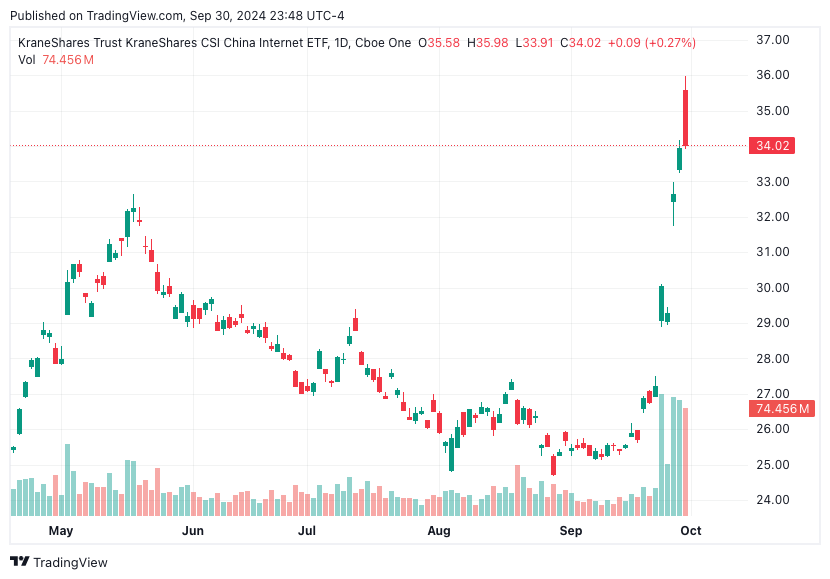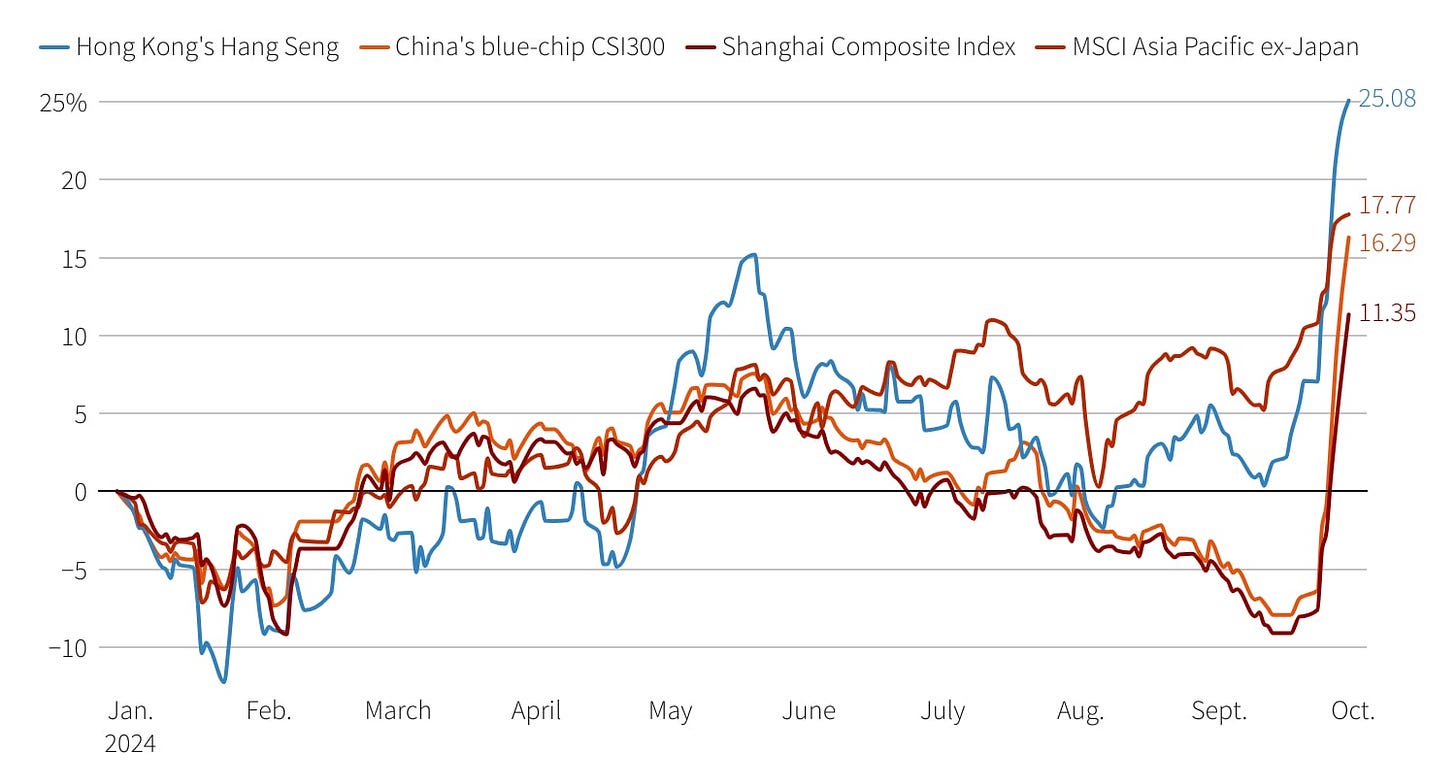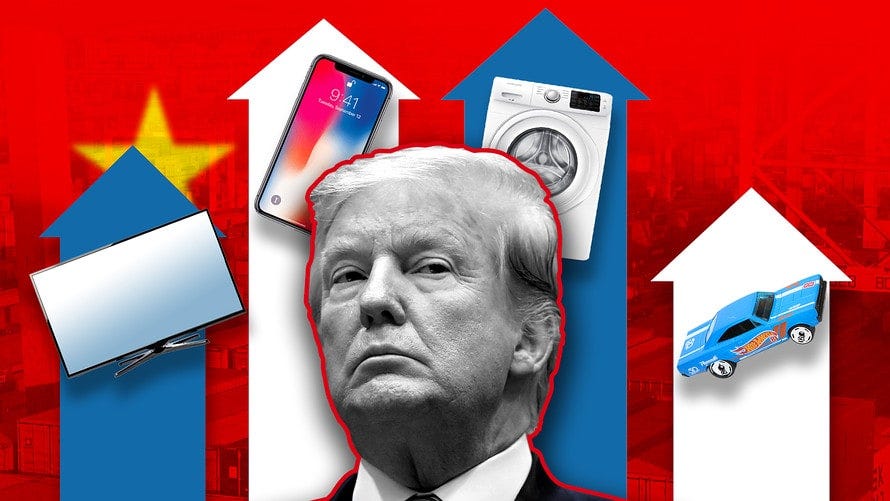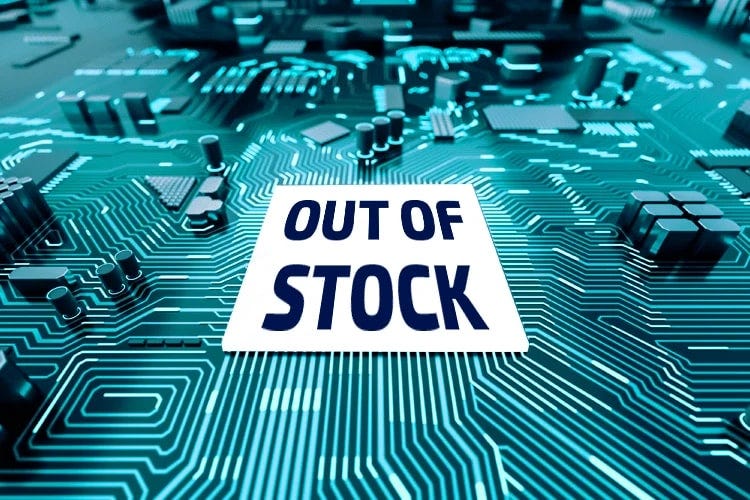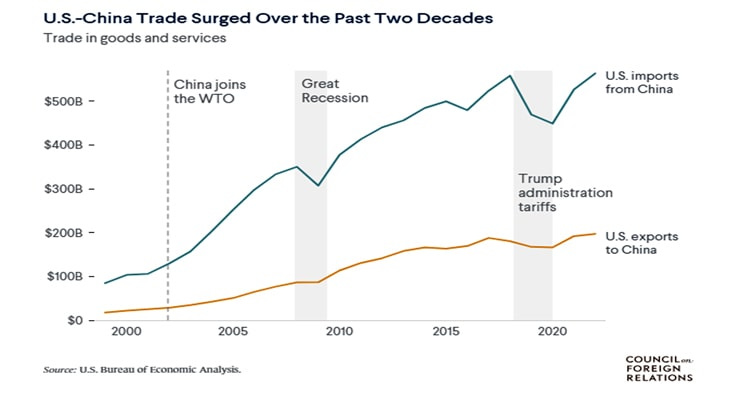Why You Shouldn’t Buy Chinese Stocks Until After the U.S. Election
Chinese stocks are surging recently - but a hidden risk tied to the U.S. election could erase those profits in an instant
Chinese stocks have been on a remarkable upward trend in the last few days, with some tech names like BABA and JD surging as much as 40%.
This rise has been fueled by aggressive interventions from China’s central bank. The People’s Bank of China (PBOC) recently slashed key interest rates and injected liquidity into the financial system to stimulate growth and stabilize its markets. These efforts came in response to China’s economic slowdown, made worse by a troubled real estate sector and weaker consumer demand.
This Bull is “All-In” on China
Billionaire hedge fund manager David Tepper recently appeared on CNBC, where he emphatically urged investors to buy Chinese stocks. Tepper, who has a track record of accurately calling market moves, cited China’s ongoing economic stimulus measures and attractive valuations as reasons for his optimism:
The Temptation to Chase the Rally
With Chinese stocks seeing significant gains and high-profile endorsements like Tepper’s, the temptation to jump into the market is real. Many investors are eyeing Chinese tech giants and consumer-facing companies that appear undervalued compared to their U.S. counterparts. China’s central bank seems determined to keep the market afloat, which makes the allure of these stocks even stronger.
But beneath the surface of this rally, a major risk looms: the upcoming U.S. election. While the short-term outlook might seem enticing, the possibility of new U.S. tariffs—especially if former President Donald Trump wins the election—could severely disrupt this momentum. Trump has openly discussed transforming the U.S. into a “tariff economy,” which could have devastating consequences for Chinese companies that rely heavily on U.S. trade.
Trump’s Vision of a “Tariff Economy”
During his presidency, Trump imposed widespread tariffs on Chinese goods, sparking a trade war that sent shockwaves through the global economy and U.S stock markets. Now, Trump has made it clear that if he returns to office, he intends to double down on tariffs, aiming to turn the U.S. into a “tariff economy.” This concept hinges on the idea that tariffs should be a cornerstone of U.S. economic policy, protecting domestic industries while imposing taxes on imports.
If Trump wins the election and pushes forward with even more aggressive tariffs, it would be a serious blow to Chinese companies that depend on U.S. demand. During the initial wave of tariffs, companies such as Alibaba, Huawei, and JD.com saw revenues dip as the cost of doing business with the U.S. increased dramatically. A renewed trade war could have similar, if not worse, consequences.
Market Volatility Leading Up to the Election
Elections are always a period of heightened volatility in financial markets, and Chinese stocks could be especially vulnerable this time around. As the U.S. election approaches, any sign of Trump gaining ground in the polls could cause investors to panic-sell Chinese equities, anticipating the return of tariffs. This could lead to wild swings in the stock prices of Chinese companies that are heavily reliant on U.S. trade, making it a treacherous time for investors.
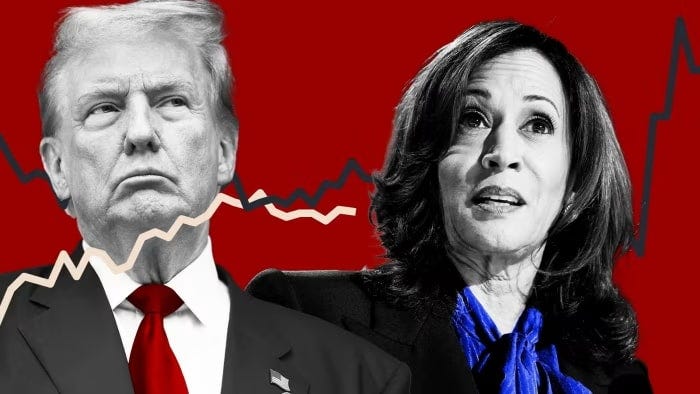
Furthermore, the rhetoric around China-U.S. relations is likely to intensify as the election heats up. Candidates from both parties may take a tough stance on China to appeal to voters, increasing uncertainty around future policies and trade relations. For risk-averse investors, this volatility could make it difficult to find a safe entry point into Chinese stocks.
Supply Chain Disruptions and Global Impact
Tariffs aren’t just a bilateral issue between the U.S. and China—they have broader implications for global supply chains. The previous round of U.S. tariffs forced many companies to shift their production out of China, disrupting the flow of goods and raising costs for manufacturers worldwide. If Trump were to escalate tariffs again, this could reignite supply chain instability, making it even more difficult for Chinese companies to operate smoothly in international markets.
Chinese companies that manufacture components or products for U.S. firms could face steep declines in demand, as American companies might turn to other countries to avoid tariffs. This would hurt both their revenue and stock performance, making Chinese stocks a risky bet.
What Happens if Tariffs Are Expanded?
Trump has hinted that, if given the chance, he could go even further than before in implementing tariffs, not just on goods, but potentially on services and digital products as well. This could impact Chinese tech companies like Tencent and Alibaba, which have been looking to expand their digital presence in the U.S. market. New tariffs on digital goods or services could stifle that growth and cut into profits.
Additionally, a more expansive tariff regime could affect other industries that haven’t been targeted yet, increasing uncertainty and risk for investors holding Chinese stocks.
Waiting for Post-Election Clarity
While the recent rally in Chinese stocks is tempting, the uncertainty surrounding the U.S. election and the potential for more tariffs makes it a risky time to invest. Investors may be better off waiting until after the election, when the policy landscape will become clearer. If Trump wins, it is almost certain that tariffs will play a central role in his economic strategy, which could severely impact Chinese companies and their stock prices.
On the other hand, a Harris victory could lead to more diplomatic trade relations, offering a more stable environment for Chinese stocks. Either way, by waiting until after the election, investors can make a more informed decision based on actual policy changes rather than speculation.





